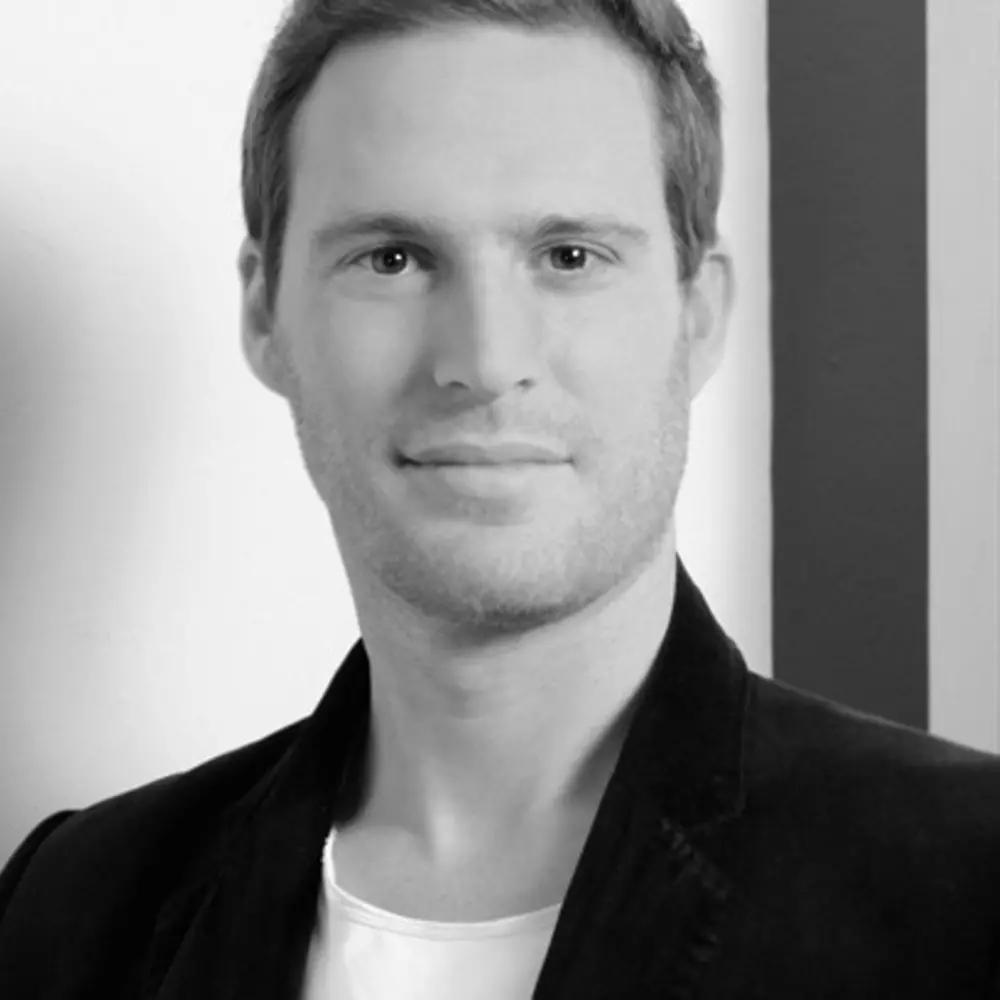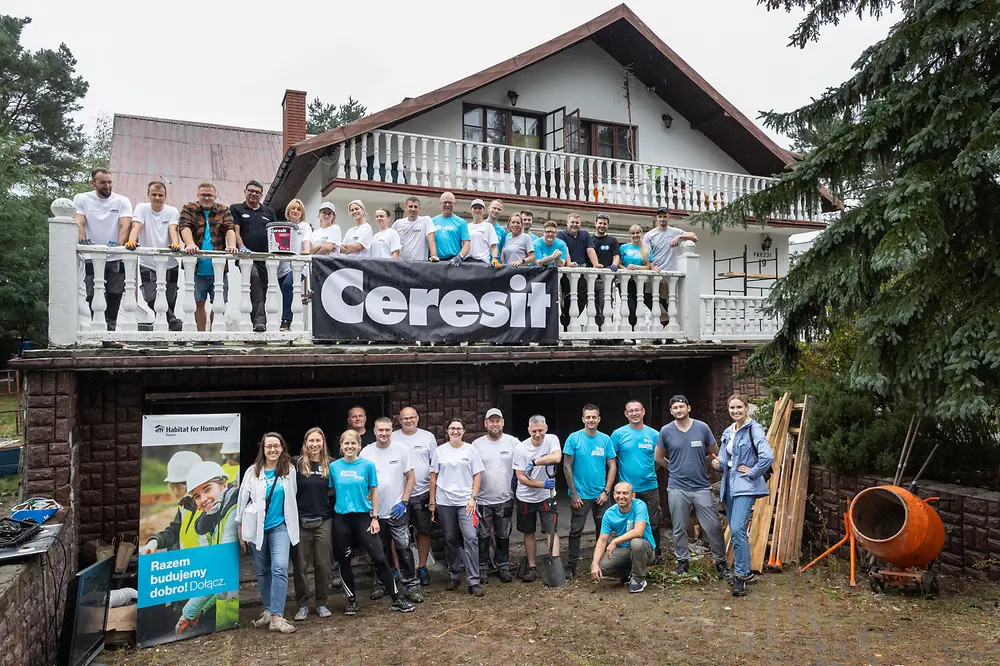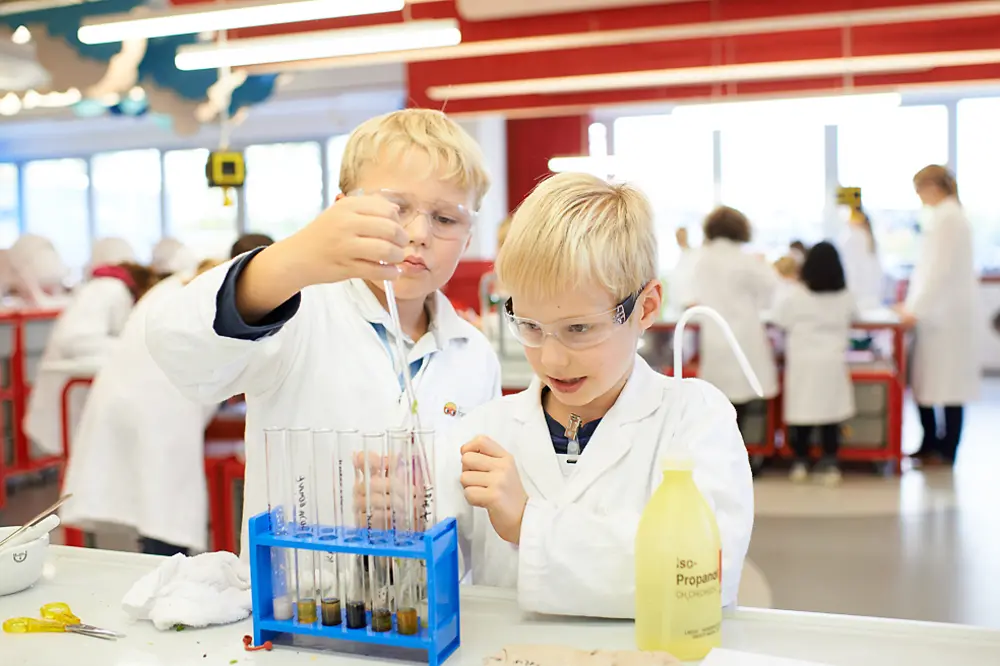The program is run in collaboration with jobs4refugees. The Berlin-based organization doesn’t view integration as a charitable act, but as an economic necessity – and a real opportunity. A win-win for the skilled workers of tomorrow and for industries urgently seeking new talent. Since 2015, jobs4refugees has been helping people with refugee or migration backgrounds enter the German labor market. What began as a student initiative is now a well-established NGO with offices in Berlin, Frankfurt and Hamburg, offering help in eight different languages. The idea: to support people in building career paths. “We’re committed to giving refugees in Germany a real chance at a fresh start. They bring enormous potential and can fill real gaps in the labor market – yet they’re still too often overlooked,” says Agnes Achinger, Project Manager at jobs4refugees. “Every day, we see the motivation, expertise, and innovative strength these individuals bring. It’s not about pity – it’s about equal opportunity and economic common sense. If we succeed in breaking down barriers and opening doors, everyone benefits – businesses, society, and most importantly, the individuals themselves.”
The reality, however, is often sobering: People with impressive professional backgrounds – engineers, IT specialists, hairdressers – struggle to gain a foothold in their professions in Germany. The reasons are varied: lack of recognition for foreign qualifications, bureaucratic hurdles, language barriers, limited networks, family responsibilities or discriminatory structures in the hiring process. jobs4refugees helps to overcome these barriers – through counseling, application coaching, support with qualification recognition, and targeted job placement. Employers are also supported: with training on cultural differences, guidance on inclusive job postings, and help navigating administrative processes. Integration becomes a shared responsibility.
In the project with Shaping Futures, jobs4refugees provides close support to participants – before, during, and after the training. The organization not only translates documents, but also expectations – and helps build confidence. For many participants, the program is a first step toward a self-determined life after leaving their home countries.















